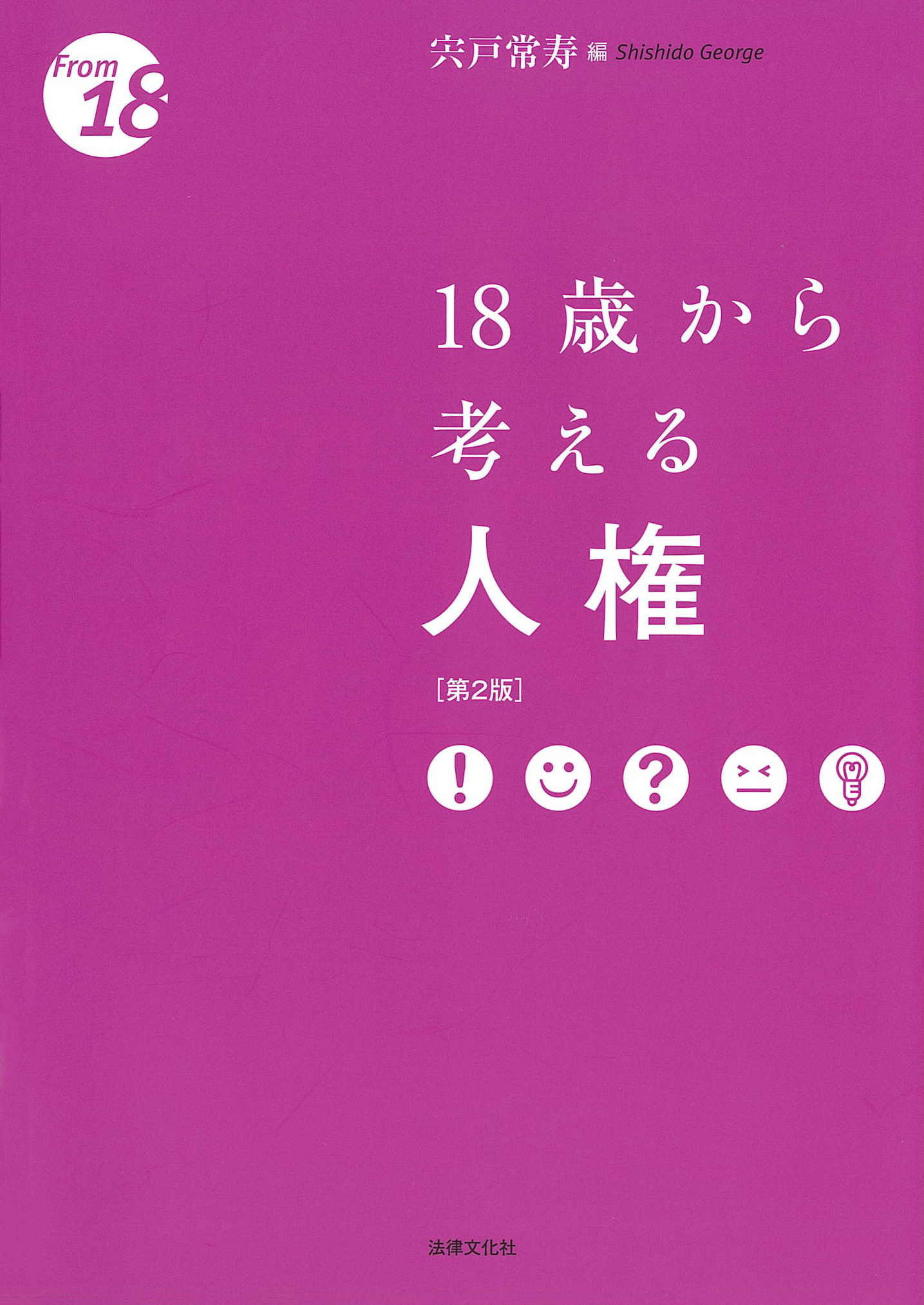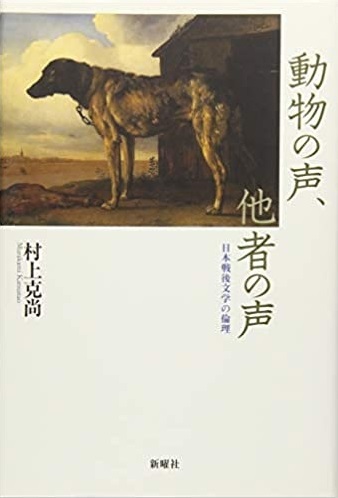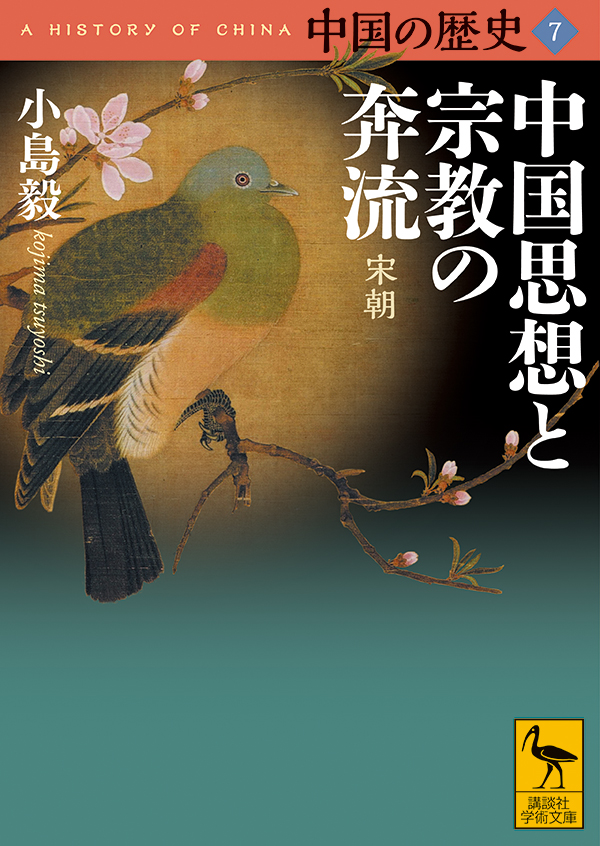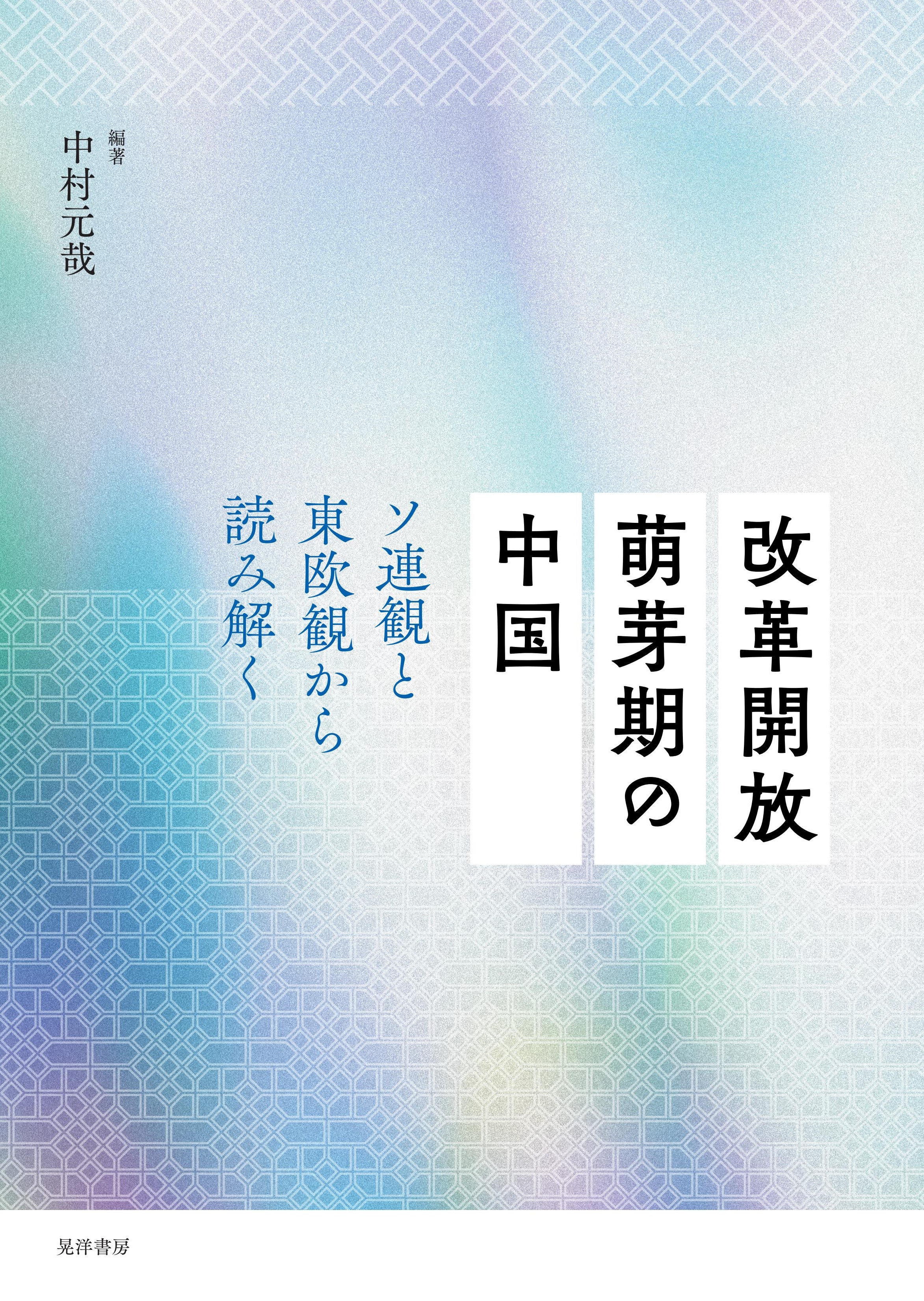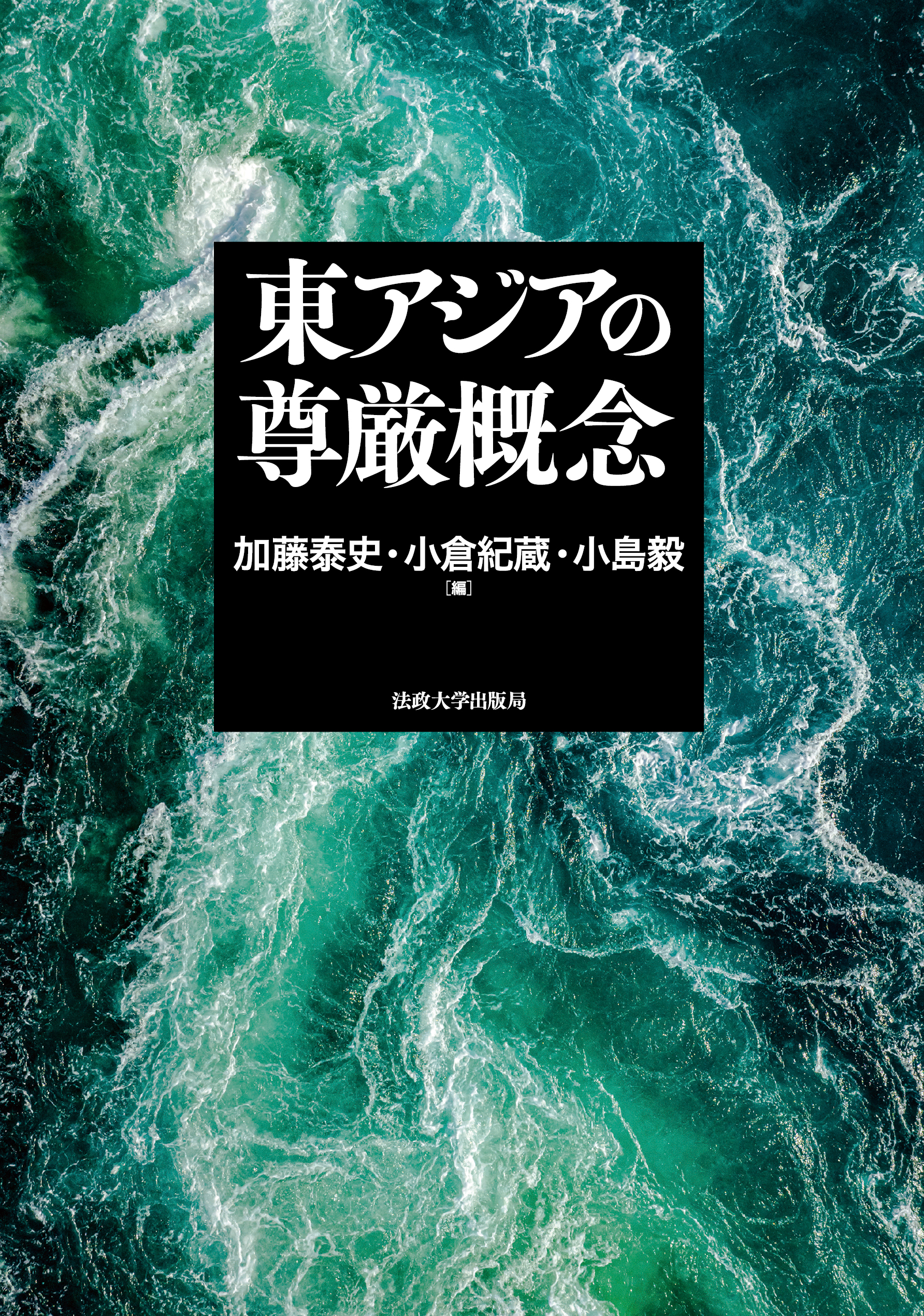
Title
Higashi-Asia no Songen Gainen (The Concept of Dignity in East Asia)
Size
550 pages, A5 format, hardcover
Language
Japanese
Released
March, 2021
ISBN
978-4-588-15116-3
Published by
Hosei University Press
Book Info
See Book Availability at Library
Japanese Page
This book is an interim report on the research project “Towards a Global Standard of Dignity as a Philosophical Concept: Theoretical Approaches, Conceptual Histories, and Cross-cultural Comparisons” (fiscal 2018–22; principal investigator: Katō Yasushi), funded by a Grant-in-Aid for Scientific Research (S) of the Ministry of Education, Culture, Sports, Technology and Science, and it was produced as a sequel to Dignity and Society (2 vols., Hōsei Daigaku Shuppankyoku, 2020). It consists of articles by co-investigators and Japanese and overseas collaborators involved in the project, as well as several stand-alone columns about the relevant literature.
“Dignity” is a concept signifying “the inner worth of a human being.” It derives from what Plato in ancient Greece called axia and Cicero in ancient Rome called dignitas, and Kant in modern Germany established the concept as Würde in German. Even today, importance is attached to the concept of dignity in Germany, where it forms part of the mandatory basic education of all citizens, and more than a dozen pages are set aside in Gymnasium textbooks on politics and the economy for explaining the history of this concept and its definition in the constitution (Matsuda Jun, Developments in Genetic Technology and the Future of Humanity, Chisen Shokan, 2005).
The Universal Declaration of Human Rights in 1948 defined dignity as a value shared by all human beings. The Chinese equivalent zunyan (Japanese songen, Korean chonŏm) was not a term expressing an important concept in the traditional thought and culture of East Asia. While Chinese zunyan, Japanese songen, and Korean chonŏm may today have become established as the translations of English “dignity” and German Würde, of prime importance when studying the concept of dignity in East Asia is gaining an accurate understanding of the differences in the actual content of the East Asian equivalents and, on the basis of this understanding, ascertaining any discrepancies between Western Europe and East Asia. This book is a rudimentary attempt to grapple with this issue.
In the past, inquiries had been made to determine whether or not the concept of “dignity” in a Western sense could be found in non-Western traditional thought in East Asia and elsewhere. This was because it was considered self-evident that modern Western thought possessed universal, core values applicable all around the world. But now that we have been freed from these shackles, it has come to be discussed how there existed in East Asia thinking that used concepts different from Western “dignity.” It would also be possible to go further and to question the value of the very concept of dignity and argue that it is a concept that is unnecessary and inappropriate in both the East and the West. This is because, when thinking about the conditions for the existence of the concept of dignity in both the West and the non-West, one needs to consider the possibility that it may not exist under certain conditions.
In the future, it will be necessary not only to discuss the West and the non-West simply in contrast to each other, but also to lay all patterns of thought on the table for consideration and dissect the concept of dignity carefully and boldly. This book is a suitable guide for embarking on such an intellectual adventure.
(Written by KOJIMA Tsuyoshi, Professor, Graduate School of Humanities and Sociology / 2022)



 Find a book
Find a book


